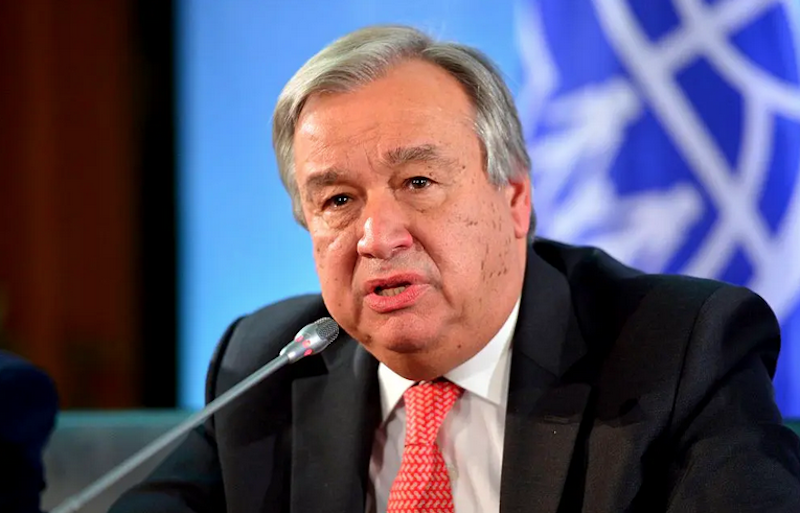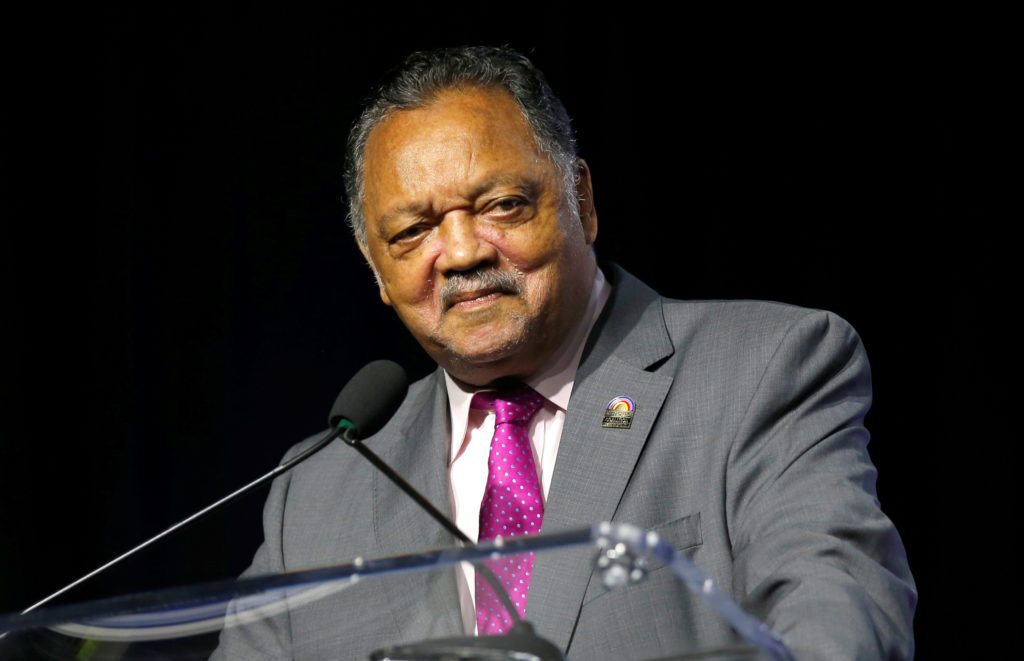World
Finally, UN Sec-Gen Guterres Condemns Iran’s Missiles Attack on Israel
-

 Boss Of The Week4 days ago
Boss Of The Week4 days agoKojo Bonsu: Creating Ghana’s New Investment Face in China
-

 Featured6 days ago
Featured6 days ago50 Years On: Remembering Ex-Head of State Gen Murtala Mohammed (1938 – 1976)
-

 Featured5 days ago
Featured5 days agoPresidency Knocks El-Rufai over Claim of NSA Ribadu’s Tapped Phone
-

 Featured5 days ago
Featured5 days agoGlo Unveils Valentine Smartphone Promo, Thrills Subscribers with Huge Discounts, 18gb Data
-

 Boss Picks4 days ago
Boss Picks4 days agoAesthetics, Landscape, Professionalism: You Can’t See ABUAD in One Day!
-

 Featured5 days ago
Featured5 days agoMakinde Crowns 14 Oyo Chiefs as Obas In Spite of Alaafin’s Objection
-

 Opinion4 days ago
Opinion4 days agoIf Glo Didn’t Exist: A Counterfactual Analysis of Nigeria’s Telecom Sector
-

 Business3 days ago
Business3 days agoUBA Unveils Diaspora Platform to Connect Global Africans with Investment Opportunities














